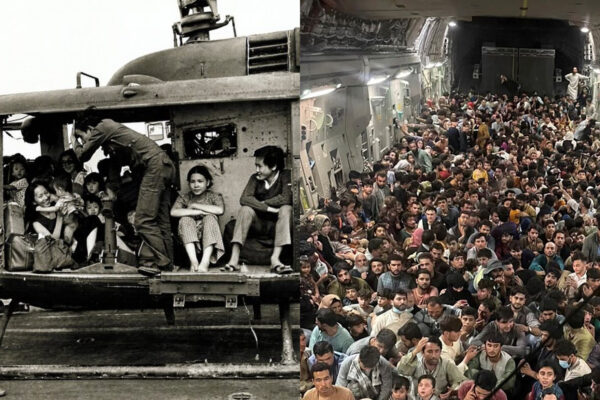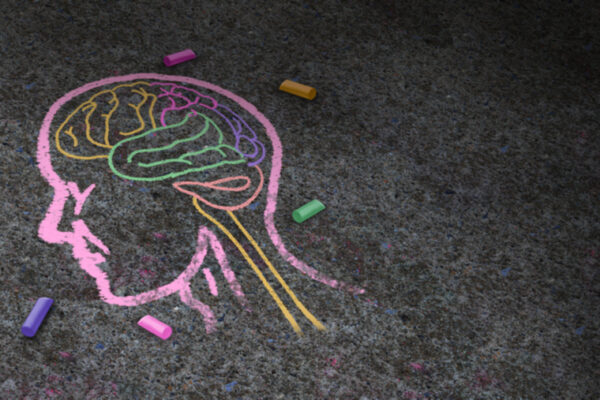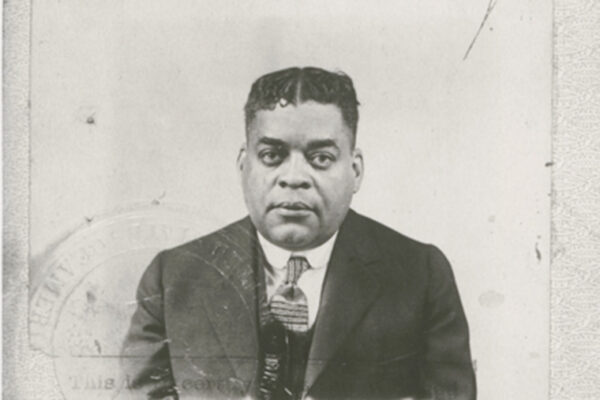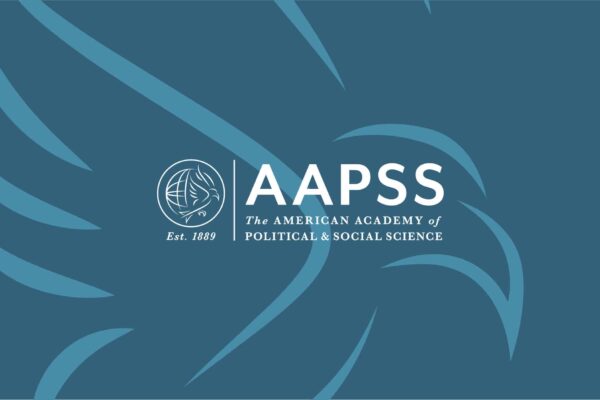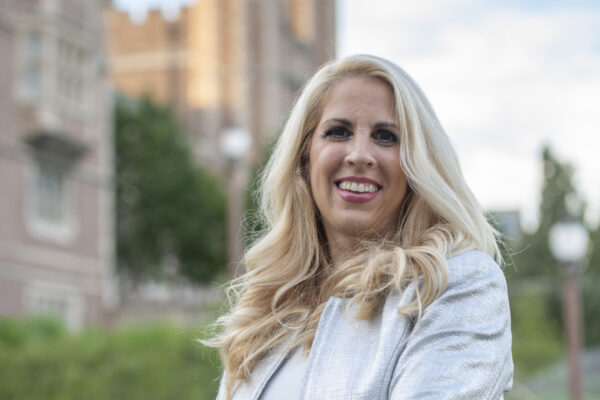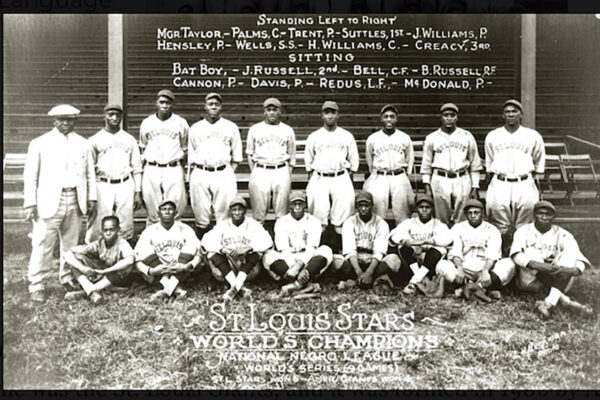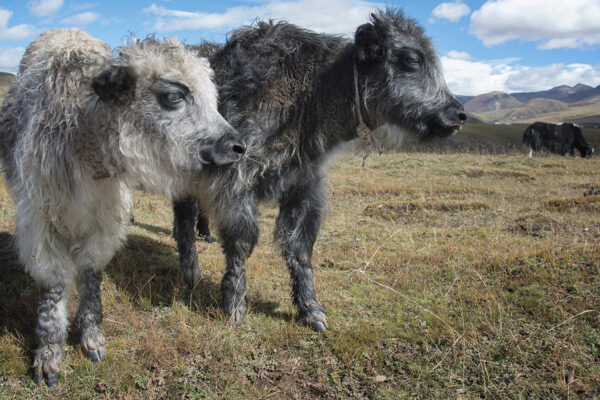WashU Expert: Play it again, Uncle Sam
Rick and Ilsa, “Casablanca’s” ill-fated lovers, will always have Paris. Uncle Sam will always have Kabul. And Saigon. And Baghdad. In the long-running tragedy of American foreign entanglements, Uncle Sam has become less a hapless romantic idealist and more a cynical “love ’em and leave ’em” serial abuser, says veteran filmmaker Richard Chapman.
Afghanistan crisis was a predictable catastrophe
Without international pressure, the power-sharing agreement between Kabul and the Taliban was doomed, according to research by William Nomikos, assistant professor of political science in Arts & Sciences. But the political cost of continued occupation was too great.
Israeli parents of 12- to 15-year-olds hesitant to vaccinate their children
While most Israeli adults are vaccinated, 62% of parents are hesitant to vaccinate their 12-15-year-old children, finds a survey from the Social Policy Institute at Washington University.
Along with child tax credits, invest in child development accounts
Democrats have called for a permanent expansion of the monthly child tax credit. In making the expanded credit permanent, lawmakers can leverage the power of child development accounts to build assets for all children in the United States, says an expert on asset building at Washington University in St. Louis.
17-year study of children associates poverty with smaller, slower-growing subcortical regions
Research from the lab of Deanna Barch shows a lasting relationship between childhood poverty, brain development.
Zafar edits African American Review special issue
Rafia Zafar, professor of English, has co-edited a special issue of the African American Review dedicated to pioneering writer, historian and activist Arturo Alfonso Schomburg (1874-1938).
WashU faculty look to advance scholarship on legacies of racial violence
Three Washington University faculty members — David Cunningham, Hedwig Lee and Geoff Ward — have co-edited a special issue of The Annals of the American Academy of Political and Social Science.
COVID-19’s economic impact
The SARS-CoV-2 virus does not distinguish people’s skin color, educational attainments or the dollar amounts in their bank accounts, but the virus entered an unequal world and has had an unequal impact.
Preserving the Negro Leagues
Kevin Johnson has worked for more than a decade to compile statistics from the Negro Leagues, ultimately helping them secure some long-awaited Major League recognition.
’Til the cows come home
New research led by archaeologists at Washington University in St. Louis shows that meat and dairy played a more significant role in human diets in Bronze Age China than previously thought. The analysis also suggests that farmers and herders tended to sheep and goats differently than they did their cows.
Older Stories
